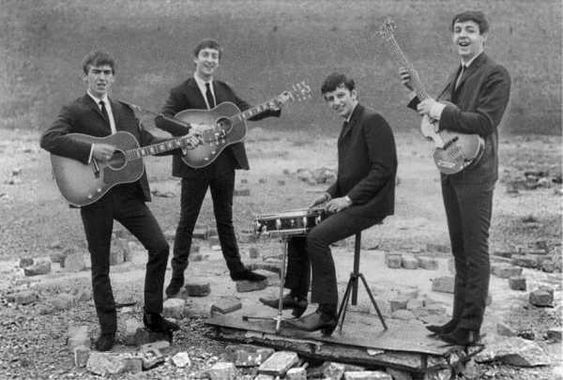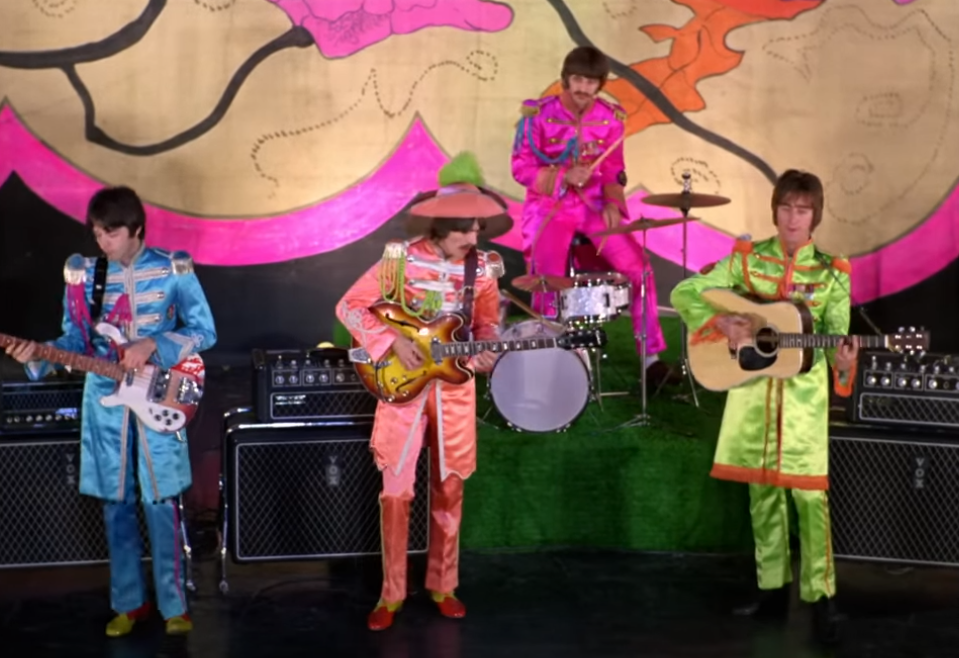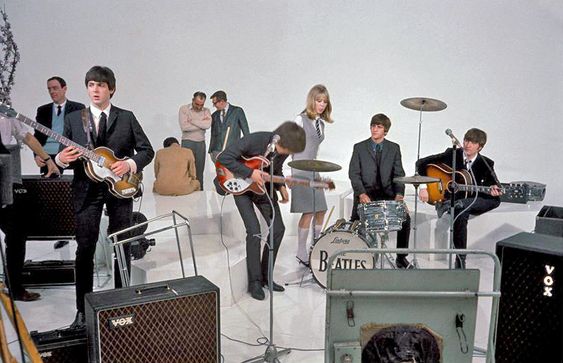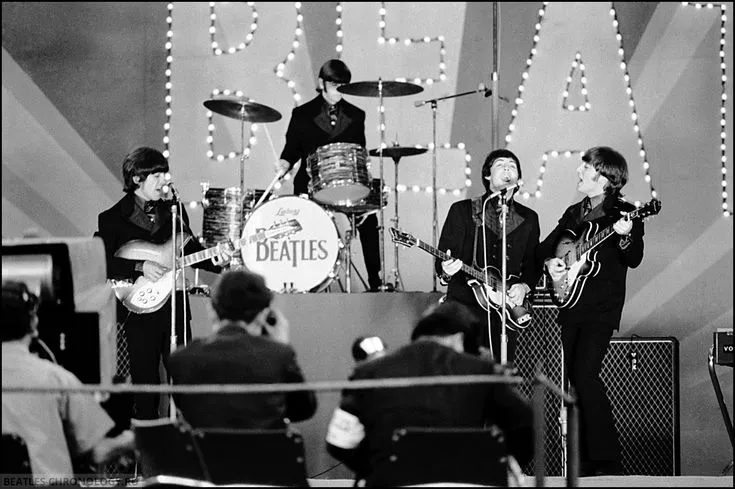About the song
(Watch the video below)
"All You Need Is Love" stands as one of The Beatles' most iconic and enduring songs, encapsulating the spirit of the 1960s and spreading a message of love and unity that continues to resonate with audiences around the world. Released in 1967 as part of the television broadcast "Our World," this song became an anthem for a generation and remains a timeless classic to this day.
At its core, "All You Need Is Love" is a celebration of the universal power of love to overcome hatred and division. The lyrics are simple yet profound, conveying a message of peace, acceptance, and understanding. Lines like "Love is all you need" serve as a rallying cry for unity, inviting listeners to embrace love as the ultimate force for positive change in the world.
One of the most distinctive features of "All You Need Is Love" is its jubilant melody and uplifting arrangement. The song opens with a triumphant brass fanfare that immediately captures the listener's attention, setting the stage for the exuberant celebration of love that follows. The instrumentation is rich and eclectic, with a vibrant mix of guitars, keyboards, and percussion that create a kaleidoscopic sonic landscape.

Speaking of instrumentation, "All You Need Is Love" is also notable for its inclusion of various musical quotations from other popular songs, including "Greensleeves," "In the Mood," and "La Marseillaise." These references add an extra layer of depth and texture to the song, underscoring its message of unity and interconnectedness by weaving together diverse musical traditions and cultures.
Vocally, "All You Need Is Love" features a spirited and impassioned performance from John Lennon, who delivers the song's lyrics with conviction and sincerity. His voice is filled with warmth and emotion, conveying a sense of genuine belief in the transformative power of love. The backing vocals from Paul McCartney, George Harrison, and Ringo Starr further enhance the song's sense of harmony and unity, creating a sense of collective joy and celebration.
Lyrically, "All You Need Is Love" is deceptively simple yet profoundly impactful. The repetition of the phrase "love is all you need" reinforces the song's central message, driving home the idea that love is the ultimate solution to the world's problems. The lyrics also touch on themes of acceptance, tolerance, and empathy, urging listeners to embrace diversity and celebrate the unique qualities that make each individual special.

In many ways, "All You Need Is Love" reflects the cultural and political upheaval of the 1960s, a time marked by social activism, protests, and calls for change. Against this backdrop, The Beatles emerged as voices of hope and optimism, using their platform to spread messages of peace, love, and understanding. "All You Need Is Love" served as a rallying cry for a generation that sought to challenge the status quo and create a more inclusive and compassionate world.
Despite its origins as a single for a television broadcast, "All You Need Is Love" quickly became one of The Beatles' most beloved and enduring songs. Its infectious melody, uplifting lyrics, and jubilant spirit struck a chord with audiences around the world, propelling it to the top of the charts in multiple countries and solidifying its status as an anthem for peace and unity.
Over the years, "All You Need Is Love" has been covered by numerous artists and featured in countless films, television shows, and commercials, further cementing its place in popular culture. Its timeless message of love and acceptance continues to resonate with listeners of all ages and backgrounds, serving as a reminder of the enduring power of music to inspire positive change in the world.
In conclusion, "All You Need Is Love" is more than just a song—it's a timeless anthem that captures the spirit of a generation and spreads a message of love and unity that transcends time and space. With its jubilant melody, uplifting lyrics, and universal message of peace and acceptance, the song remains a beacon of hope and inspiration for generations to come.



